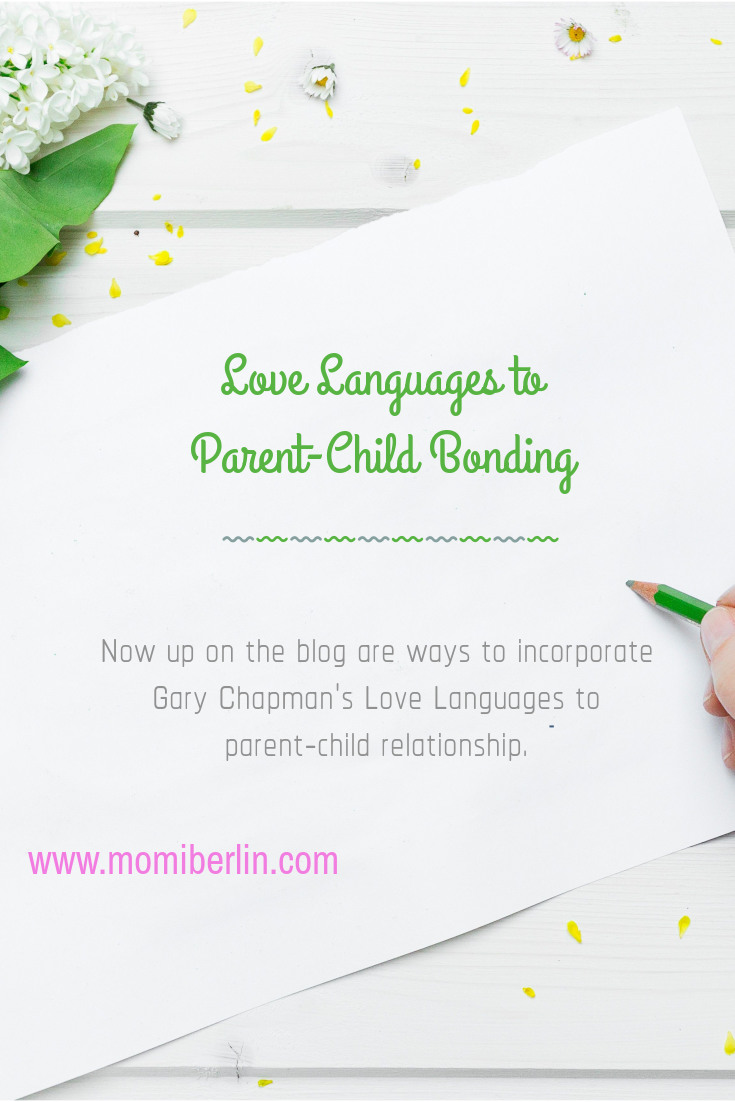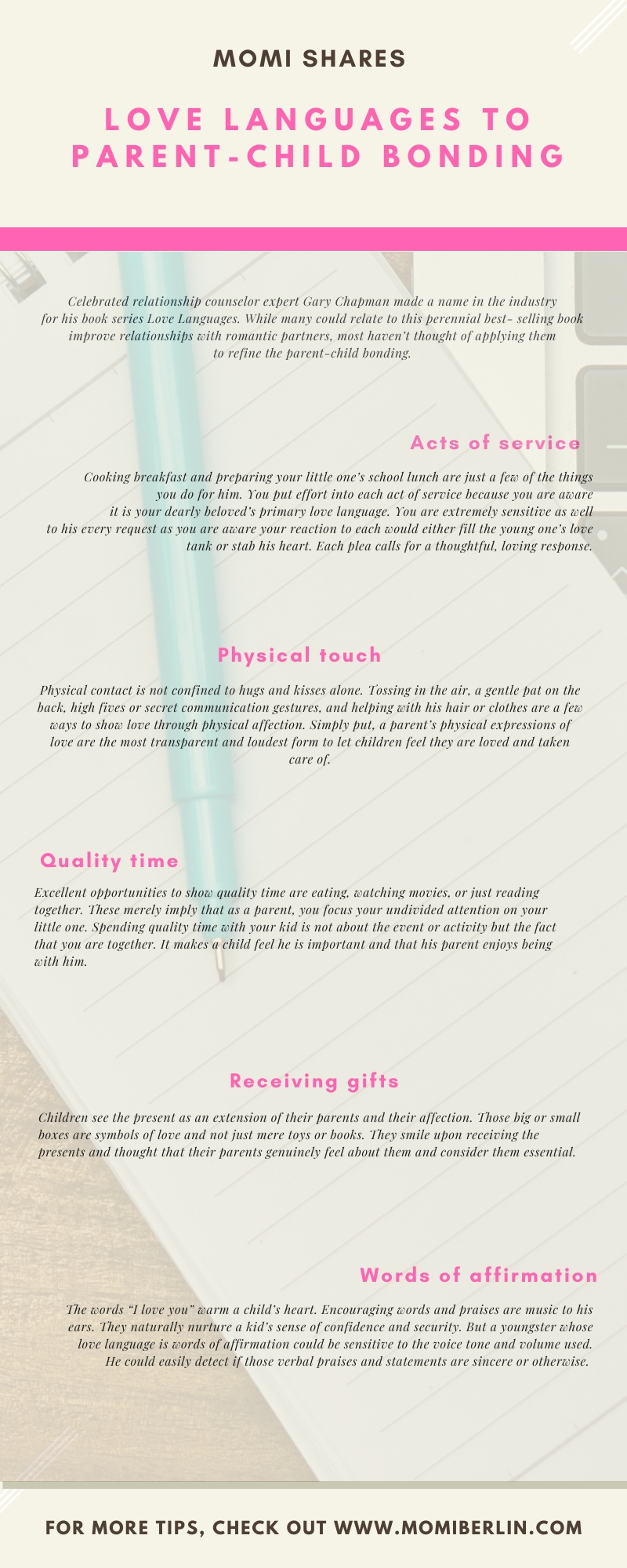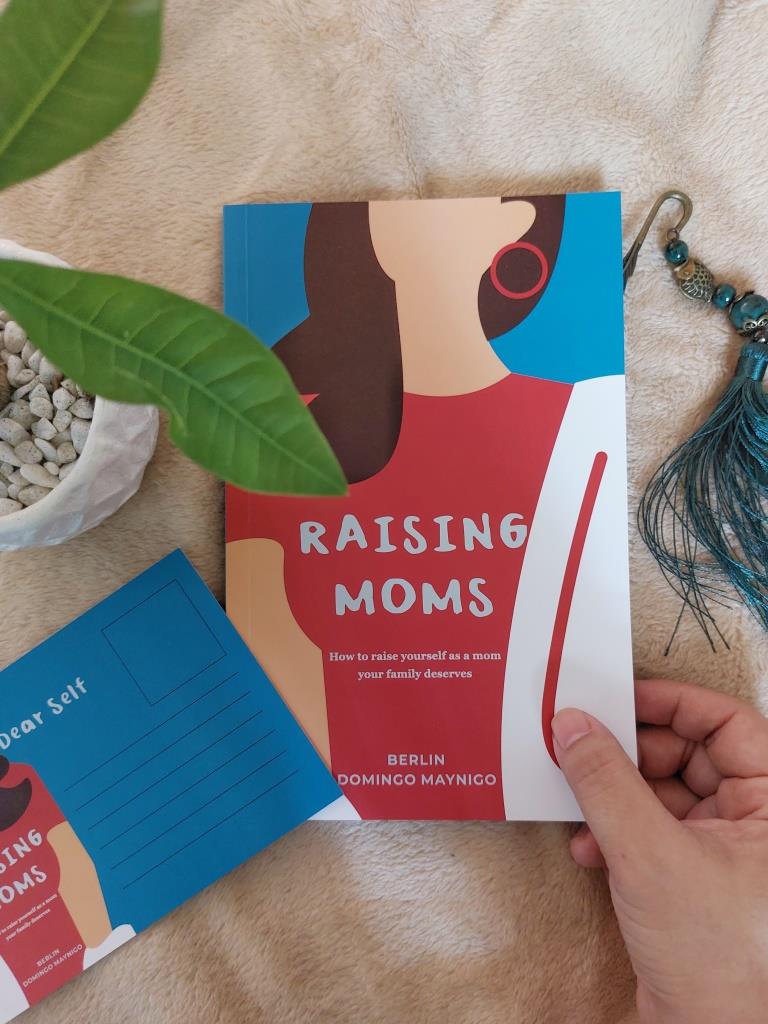
Celebrated relationship counselor expert Gary Chapman made a name in the industry for his book series Love Languages. While many could relate to this perennial best- selling book improve relationships with romantic partners, most haven’t thought of applying them to refine the parent-child bonding.
Often, parents assume their children know they are loved. The kids, on the other hand, are struggling with the idea of their parents’ affection. They wonder how could their mother or father love them when all they do is work for a living.
Momi Berlin shares how parents could incorporate these love languages in dealing with their youngsters.
The 5 Love Languages
First off, let us refresh our memory of the five love languages. They are pretty straightforward and easy to understand:
- Acts of service – show love through action rather than words
- Physical touch – to show affection through holding hands or caresses
- Quality time – communicating love with undivided and undistracted attention
- Receiving gifts – demonstrating deep affection and fondness through gifts which are a visible symbol of love
- Words of affirmation – expressing warmth and endearment through spoken affection, praises, and appreciation
Boost love languages in children
Children feel and express love in various ways. Parents must be aware of their kids’ particular love languages. It would undoubtedly improve and strengthen their relationship and make it easier for both parties to feel more loved and secure.
Acts of service
Cooking breakfast and preparing your little one’s school lunch are just a few of the things you do for him. You put effort into each act of service because you are aware it is your dearly beloved’s primary love language. You are extremely sensitive as well to his every request as you are aware your reaction to each would either fill the young one’s love tank or stab his heart. Each plea calls for a thoughtful, loving response.
Physical touch

Love Languages to Parent-Child Bonding
Physical contact is not confined to hugs and kisses alone. Tossing in the air, a gentle pat on the back, high fives or secret communication gestures, and helping with his hair or clothes are a few ways to show love through physical affection. Simply put, a parent’s physical expressions of love are the most transparent and loudest form to let children feel they are loved and taken care of.
Caution, though, is but apt if the children are teenagers already. They tend to pull back from physical touch, especially boys, if displayed publicly.
Quality time
Excellent opportunities to show quality time are eating, watching movies, or just reading together. These merely imply that as a parent, you focus your undivided attention on your little one. Spending quality time with your kid is not about the event or activity but the fact that you are together. It makes a child feel he is important and that his parent enjoys being with him.
Receiving gifts
Children see the present as an extension of their parents and their affection. Those big or small boxes are symbols of love and not just mere toys or books. They smile upon receiving the presents and thought that their parents genuinely feel about them and consider them essential.
Words of affirmation
The words “I love you” warm a child’s heart. Encouraging words and praises are music to his ears. They naturally nurture a kid’s sense of confidence and security. But a youngster whose love language is words of affirmation could be sensitive to the voice tone and volume used. He could easily detect if those verbal praises and statements are sincere or otherwise. So for parents with kids who enjoy hearing compliments or encouragements from them, make sure those words are meant to be said.
How to read children’s love languages
To know your kids’ love languages, you simply observe how they express love to you. Be sensitive to their needs. Listen. Though it is prudent to show love in all five ways, knowing how your children’s primary language is equally important. To speak the love languages of your youngsters means being able to meet their emotional needs. They would eventually feel secure in your love, and both of you live with a full love tank.
Know your kids’ love languages now. How? Again, be sensitive and listen.















Thank you momsh will oass this on to my sistah in law. ❤
I always love your message
Yehey! Check na check po ito lahat sa amin kahit sa partner ko. Lalo na po yung acts of service.